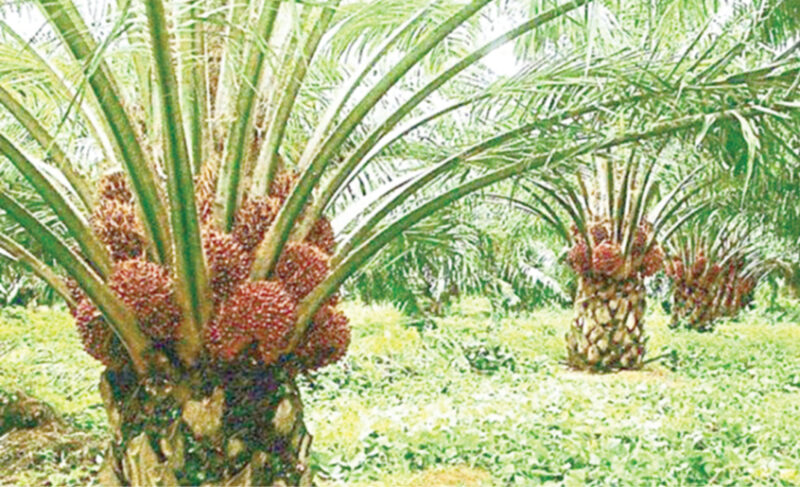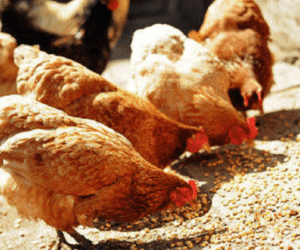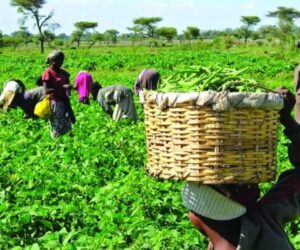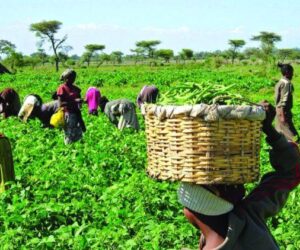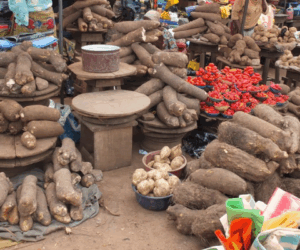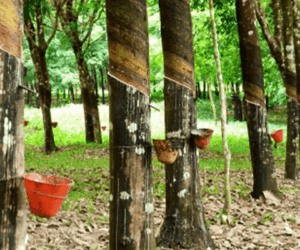The Plantation Owners Forum of Nigeria (POFON) said has to increase palm oil plantations to about 500,000 hectares to meet local needs and boost efficiency in production.
The POFON chairman, Mr Emmanuel Ibru, told Daily Trust in Benin about ways of meeting local needs and stabilising oil palm prices in the country.
Ibru, who is also the Chief Executive Officer (CEO) of Aden River Estates Limited, an agro-industrial subsidiary of the Ibru organisation, said the price of palm oil would be stabilised all year round in the country, irrespective of the production seasons.
SPONSOR AD
“Nigeria is the highest producer of palm oil in Africa and 5th in the world. It needs to increase its hectares to about 500,000 hectares to meet the local needs and also become more efficient in production.”
He noted that there is still a gap in the supply and demand of palm oil in Nigeria, but POFON, over the last 10 to 15 years, has made tremendous efforts to increase the production of oil palm in the country.
According to him, the large holders such as Presco and Okomu have continued to invest and expand their plantation holdings, while new players such as Dufil, Saro Africa, and others have come into Edo State.
“Saro Africa has developed 20,000 hectares in Edo State, Wilmar has just acquired the shareholding of PZ Wilmar from their former joint partner and are in the process of developing yet another 8,500 hectares, which will bring their holdings in Nigeria to close to 50,000 hectares.
“JB farms have increased their holdings in Cross River State and are also in the process of developing a further 10,000 hectares again in Ondo State. We also have an Agric Palm, which has continued to increase its holdings.
He said attempts have been made in the past to boost production, adding that those attempts are now coming to fruition.
“I will say about eight years ago, the total amount of crude Palm oil (CPO) produced in the country was in the region of 900,000 to one million tons per annum.
“Today, we have been able to increase it to about 1.4 million to 1.5 million, which means about 50 percent increase in production,” he said.
While noting that there was still a supply gap, he said POFON is working closely with some government agencies in developing a roadmap for sustainable development of oil palm in the country as well as sustainable finance for the sector.
The roadmap, he said, is not only for the large-scale plantation holders but also for the small and medium-scale holders.
On the high cost of palm oil, Mr Ibru, said POFON is working on plans to stabilise the prices in the country.
“In Nigeria, we have two seasons for palm oil. When it is peak season, the prices will go down, and when it is lean season, the prices will go up. But our members are trying to stabilize the prices so that there is not much difference between the peak and lean season prices.

